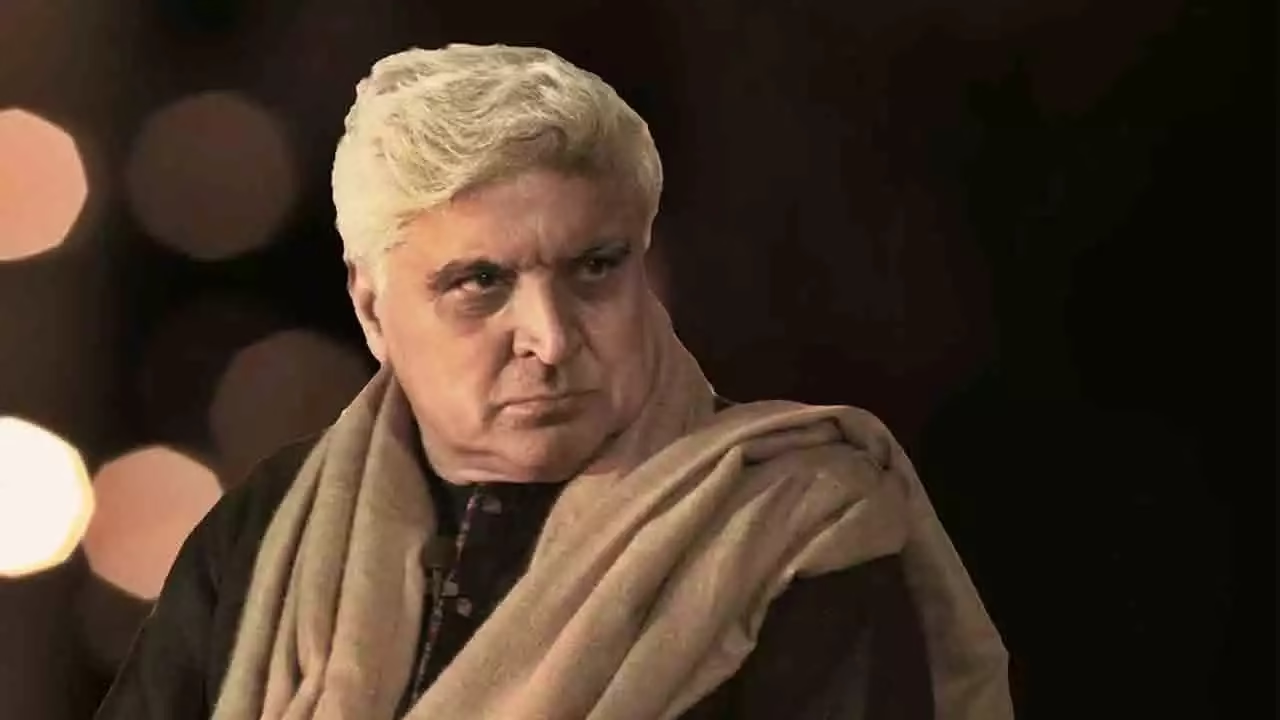The new Apple TV+ documentary series “K-pop Idols,” premiering Friday, offers an in-depth look at how the K-pop industry is embracing diversity while confronting the challenges of an environment that demands nothing short of perfection.
The six-part series features prominent Korean American artist Jessi alongside rising K-pop groups like Cravity and Blackswan, capturing the triumphs and trials of their careers. Known for its blend of powerful vocals and precise choreography, K-pop demands relentless dedication from its stars.
Blackswan members Fatou and Nvee revealed to The Associated Press that they practice up to 10 hours daily, including intensive choreography and vocal training sessions, particularly before their “comeback” season—a period dedicated to promoting their latest music releases.
K-pop trainees, once under contract, enter a rigorous system that includes training in manners, language, dance, and choreography. A 2022 report from the Korea Creative Content Agency noted that 752 K-pop trainees were under various entertainment labels, highlighting the scale of the industry.
While the documentary acknowledges a pushback against the longstanding “dark side of K-pop” narrative, it also shows that certain industry issues remain unresolved. Former Blackswan member Youngheun shared that members faced strict curfews and restrictions on activities such as drinking, dating, and even mundane tasks like getting their nails done.
Dietary control is another significant aspect of the K-pop trainee experience. Blackswan member Gabi is seen in the documentary eating a meal of egg, chicken breast, and sweet potato sticks while dieting under the direction of her label’s head, Mr. Yoon. Similarly, Cravity member Wonjin recounted being given just two weeks to lose weight before joining his label, surviving on a single egg a day and losing about 7 kg in the process.
Bradley Cramp, one of the documentary’s executive producers, pointed out that such restrictions are not unique to K-pop, noting that elite athletes and entertainers in other competitive fields face similar pressures related to diet, self-image, and mental health.
The series also explores K-pop’s evolving landscape, particularly in terms of diversity. Following the global success of BTS, K-pop labels have increasingly recruited foreign talent, which has introduced new challenges. In the documentary, Yoon Deung Ryong, founder of Blackswan’s label DR Music, discusses the difficulties of managing a multinational group, highlighting the cultural and language barriers that make traditional management approaches less effective.
Blackswan currently has no Korean members after a series of lineup changes, prompting discussions about the essence of K-pop. Former member Youngheun questioned whether a group without Korean members can still be considered K-pop, while Cravity’s Hyeongjun argued that as long as the group is active in Korea and sings in Korean, it remains part of the K-pop genre.
Cramp also touched on the impact of social media on K-pop, describing it as a “symbiotic relationship” between stars and fans, while also noting the challenges of maintaining privacy in an industry where stars live under constant scrutiny.
“K-pop Idols” is now available for streaming on Apple TV+.



